For the most part, traveling is an exciting, fun adventure; an opportunity to explore new cultures, visit incredible monuments and try new things. But sometimes even the most seasoned travelers encounter hiccups when abroad. As best as we try to be prepared and diligent, there is always a small chance of a travel tragedy. Some of these, like a nature disaster or cancelled flights are completely out of our control, but oftentimes we can mitigate our chances of a travel woe if we are a little more prepared. Because, as someone who has had their fair share of mishaps, when things go wrong it can ruin a whole trip. Here are a few tips to help you avoid travel disasters on your next adevenure.
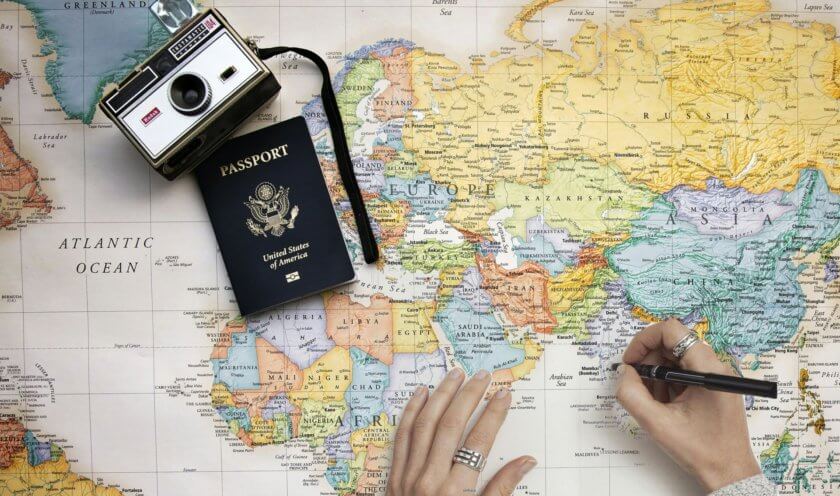
Before you go
Check travel documents and visas
For many travelers, their passports are the gateway to the world. And getting our very first passport opens us up to the wonderful world of traveling – it becomes one of our prize possessions and racking up stamps on its pages fast becomes one of the most exhilarating feelings. However, how often do you check-in on the expiry date? Many countries (26 in Europe alone) have a requirement that your passport be valid for at least three months beyond your intended date of departure. And if your passport does not meet this condition, you will not be able to board your flight, let alone enter your destination. A quick check to ensure your passport is valid for at least a year before its expiration can save you a lot of time, hassle and money when you go to check in.

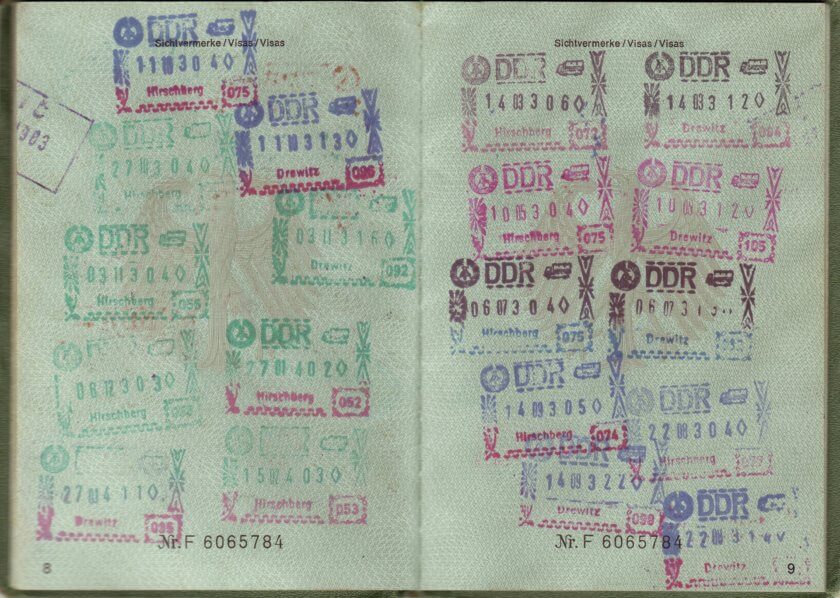
At the same time, it is always really important to check if you need any visas to enter the countries you want to visit. Every country has different rules of entry and you may need a visa before you head off. The easiest way to check this is to visit the country’s foreign office or embassy website for information and apply online.

Travel insurance
Whether to get travel insurance or not has been a source of confusion for many travelers. On one hand, it can be expensive and sometimes you may feel like it’s not worth it as you have never had to use it in the past; and paying for a service that you don’t use just feels pointless and a waste of funds. However, those of us who have suffered a travel disaster or know someone who has, will completely understand the benefits of having a contingency plan. There’s plenty of travel insurance companies out there that offer cheap, flexible and tailored plans for all types of travelers; and in the end the benefits far outweigh the negatives.
 Most travel insurance policies will cover you in case you have a medical emergency, if the airline cancels/delays your flight or if your belongings are lost or stolen. And this basic coverage will mean that you have the support and financial means to cope with any disasters that may arise. There’s nothing worse than having your wallet containing your money and credit cards stolen and having no means of getting any compensation for your loss.
Most travel insurance policies will cover you in case you have a medical emergency, if the airline cancels/delays your flight or if your belongings are lost or stolen. And this basic coverage will mean that you have the support and financial means to cope with any disasters that may arise. There’s nothing worse than having your wallet containing your money and credit cards stolen and having no means of getting any compensation for your loss.

Research your destination
Before you head off on your trip, it’s always a good idea to do a little bit of research about your destination. I’ve learnt this lesson the hard way! I once booked a last-minute solo trip to Amsterdam, a city I had not been to before and as many of the hostels were already booked out, I quickly selected one which I thought looked decent and comfortable. However, when I arrived into Amsterdam it was quite late at night and on the walk to the hostel, I noticed that I had booked myself into the ‘party’ end of the city. The hotel was down an alleyway off one of the busiest streets for nightlife and, as it got later, I realised that there was very little chance of getting any peace or quiet for my entire trip. Not exactly what I wanted for a relaxing solo trip! So, from then on, I took the time to do some research before booking my accommodation.
 It’s also important to have some initial understanding of the cultural norms and etiquettes of the places you visit. For instance, do you need to wear a headscarf when visiting sacred monuments, is it appropriate to wear tank-tops and shorts or are you traveling during a religious holiday, such as Ramadan, where you may need to adapt to the local customs?
It’s also important to have some initial understanding of the cultural norms and etiquettes of the places you visit. For instance, do you need to wear a headscarf when visiting sacred monuments, is it appropriate to wear tank-tops and shorts or are you traveling during a religious holiday, such as Ramadan, where you may need to adapt to the local customs?


Have a contingency plan
Misplacing your itinerary, booking confirmations or passports can be one of the most frustrating parts of travelling. However, there are a few things you can do to avoid any set-backs. On my first backpacking trip around Europe, I got into the habit of sending my mum all of my itineraries and booking confirmations so in the off-chance that I lost mine, I knew that someone else had a copy they could send on to me. It is also a good way of letting a family member know exactly what flight, hotel and more generally, where in the world you are at all times.
 Same goes for your passport and travel documents. Take a copy of your passport, any visas, etc. that you need and leave a copy with someone at home. This will be absolutely invaluable to you in case something does happen and to be on the extra safe side, scan and email an electronic copy to yourself.
Same goes for your passport and travel documents. Take a copy of your passport, any visas, etc. that you need and leave a copy with someone at home. This will be absolutely invaluable to you in case something does happen and to be on the extra safe side, scan and email an electronic copy to yourself.
During your travels
Be vigilant and aware of your surroundings
So, you have finally arrived at your destination safely and you are ready to explore. However, as exciting as being in a new city is, it is always important to be vigilant and aware of what’s going on around you. Being mugged or robbed can unfortunately happen anywhere but doing things like not carrying too many valuables or cash with you, putting your wallet in a bag or backpack instead of in your pockets or your hand, and being observant of any suspicious behaviour or any situations where you may feel uncomfortable.


Listen to local advice
Asking staff at the hotel for advice about places to avoid when exploring the city or things to be aware of in the area helps to get ahead of any mishaps and ensures you always feel safe when exploring. For instance, find out which areas are not particularly safe to walk around at night, or which are the licensed taxis to take.
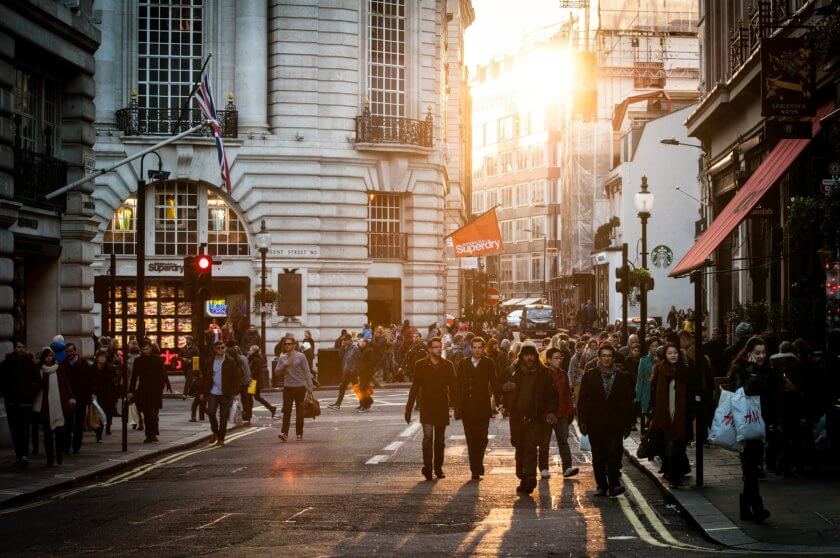
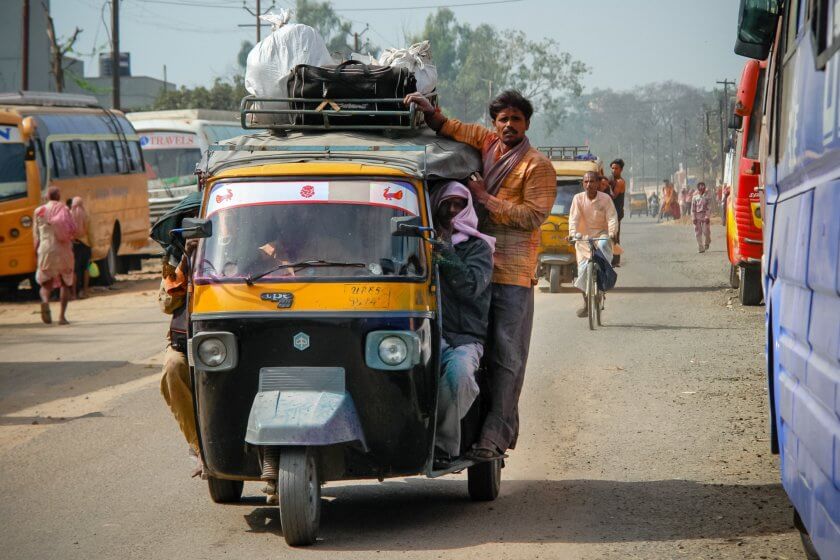
Doing a little bit of research about the dos and do nots will also help. For instance, in some places it is best not to drink the local water as it could make you unwell, and in some cities, you should avoid contact with stray or wild animals (no matter how much you want to pat the cute dog.)
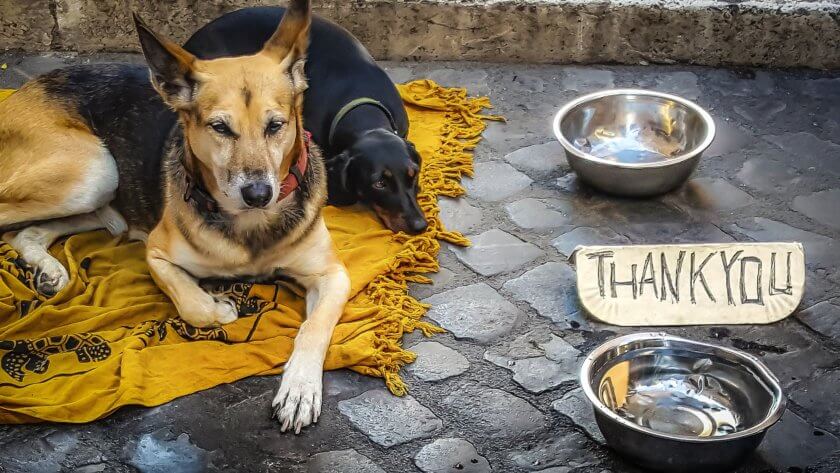
Think before you try
Sometimes when we are abroad, we are a little bit more liberal about the choices we make, when in reality we would never make the same decisions at home. Stopping to think about whether activities are safe is so important to avoid unnecessary injuries. For instance, although it is legal to rent a motorbike in some South East Asia countries, is it really a wise decision to take your first motorbike lessons on the streets of Saigon?

The same goes for street food. While it is great to be adventurous and sample the local cuisine, be cautious about what you eat, especially the street food. In some places it is best to avoid uncooked food or food that has been kept warm, and always check that meat has been cooked properly. Try to eat at places which are busy and where locals dine as dishes that are typical to the country are often more likely to be well prepared.

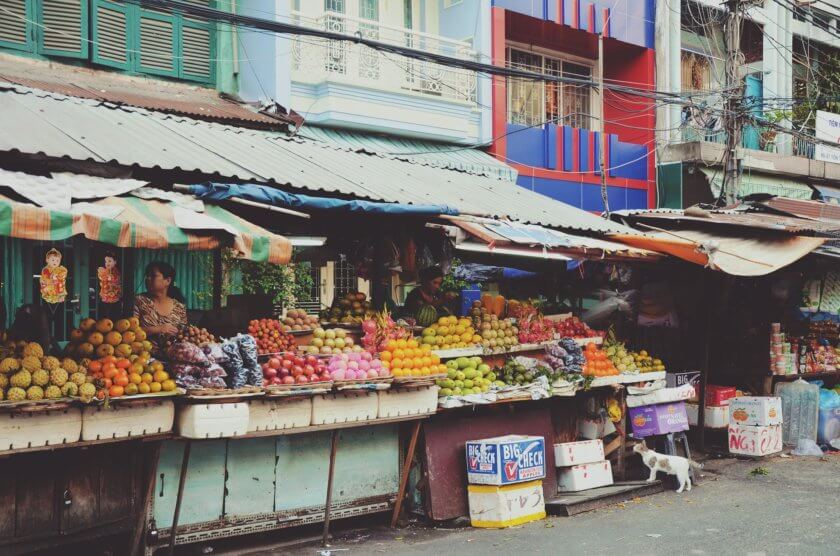
What do to when things go wrong
Hopefully some of these tips will help to minimize the risks of a travel disaster, but unfortunately no matter how careful and organised we are, sometimes things can still go wrong. The first thing to do is to try and remain calm and rational. In high-pressure situations, we can sometimes let emotions get the better of us and we might unintentionally make things worse. Keeping calm and remaining level-headed will help to structure your thoughts and fully consider your options.
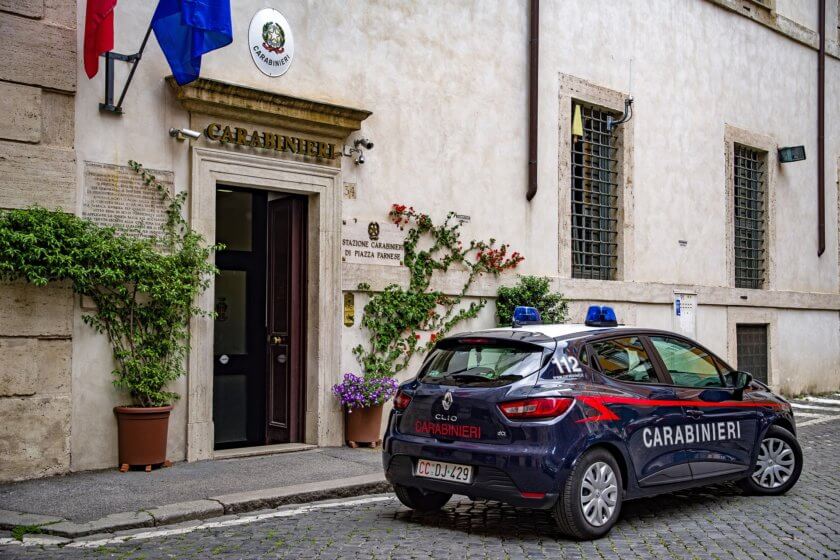
Then, ask for help. More often than not, there will be someone who can help you sort out your problem and it also helps to be able to talk through things with someone, especially a local who will know where the nearest police station or hospital is in case of an emergency. Likewise, if you are lost it is better to quickly ask for directions than to wonder off into a potentially unsafe area.
For serious emergencies, make sure you connect with your family and/or friends back home to let them know that you are OK. And finally, use your travel insurance to claim back any out-of-pocket expenses and compensation.
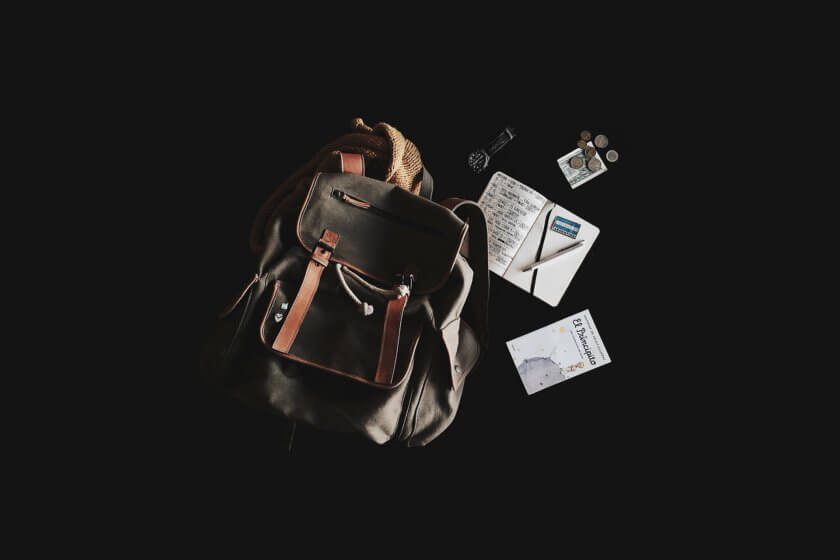
I hope this guide helps you to prepare for your next trip and avoid any awful travel disasters.
Have you got any tips from your own travel tragedies you can share?





























